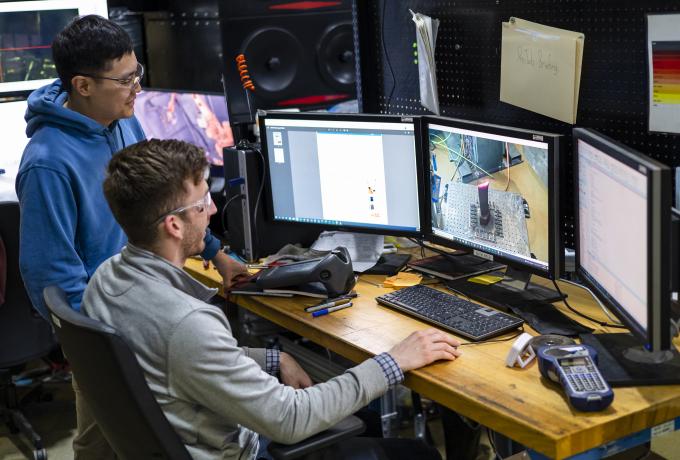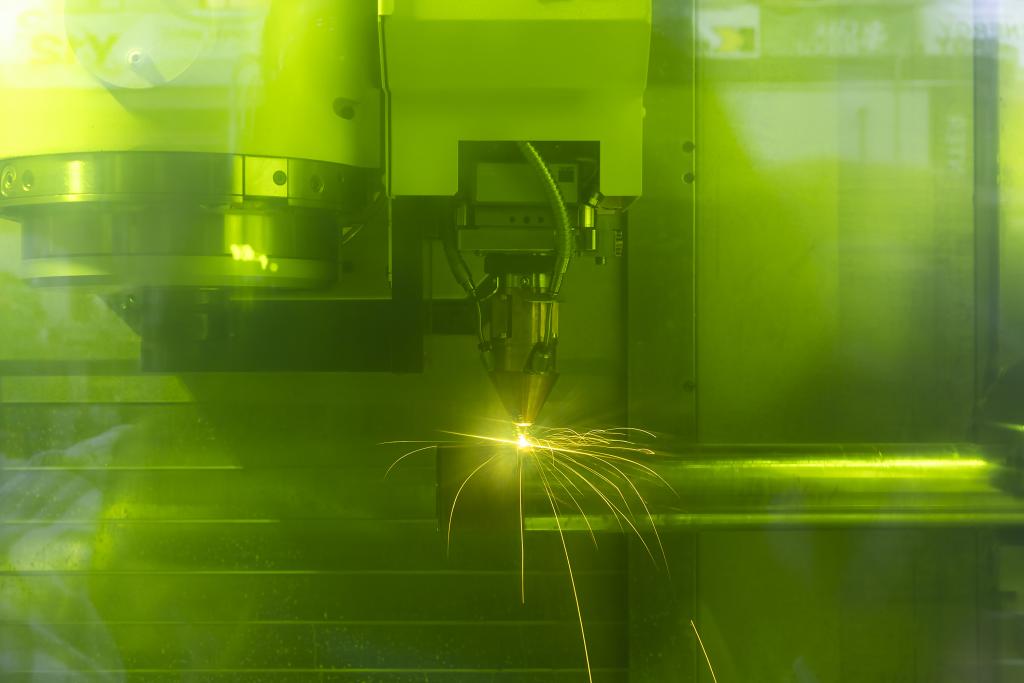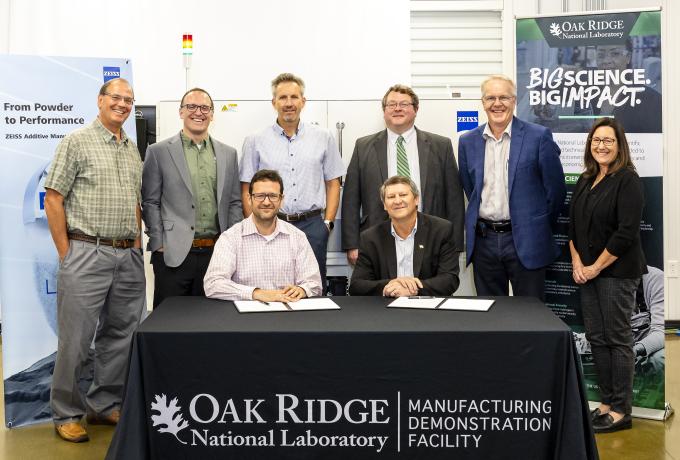
Eligible Technical Collaboration Partners
The program is limited to industries that currently manufacture equipment, process materials, produce manufacturing-related software, and/or integrate energy systems in the US for a wide variety of commercial applications, or to industries that will be able to do so as a direct result of these collaborative efforts.

Leverage ORNL’s vast capabilities, experts, and facilities
Through MDF, ORNL offers distinctive world-leading capabilities in manufacturing and materials research technologies and characterization facilities. MDF provides a collaborative, shared infrastructure to help industry adopt energy efficient, rapid, and flexible manufacturing technologies to lower production cost, and create new products and opportunities for high-paying jobs.
ORNL's expertise in material synthesis, characterization, and process technology will assist manufacturing industries in conducting assessments of new fabrication concepts and methods for improving existing technologies. The materials and processing technologies developed are expected to be deployed in new or existing manufacturing facilities.
Benefits of working with MDF
Helps reduce industry risk in adopting energy efficient, rapid, and flexible manufacturing technologies to lower production cost and create new products and opportunities for high-paying jobs.
Accelerates industry's development and deployment of innovative energy efficient manufacturing and materials technologies.
The nature of TCP’s cost-share requirements means that no money changes hands. Both ORNL and the company contribute equal amounts.
Industry partners retain rights to subject inventions they generate in performing their tasks.
TCP has a fast-track CRADA approval process or User Agreement process to help the program move at the speed of industry.
MDF leverages cross-functional, interdisciplinary teams from across ORNL in materials, imaging, and computation to deepen the expertise and capabilities present for every project.

How TCP Works
Project Development/Agreement: 3–4 months*
- A company engages ORNL through MDF (contact Bob Slattery)
- ORNL and the industry partner co-develop a project proposal
- The proposal is submitted to the Department of Energy (rolling cycle every two weeks)
- A project agreement is established
Project Execution: six months to two years
- Project scope is executed
- A final project report is created
*Agreement processing times for international companies is about twice as long due to additional DOE reviews.

Technology Ownership
During a collaboration, a company may elect to retain title to intellectual property developed by the company while performing their tasks. IP developed by ORNL while performing tasks is retained by ORNL and under a CRADA, the company is given the option to exclusively license the ORNL-developed IP for their defined field of application.







